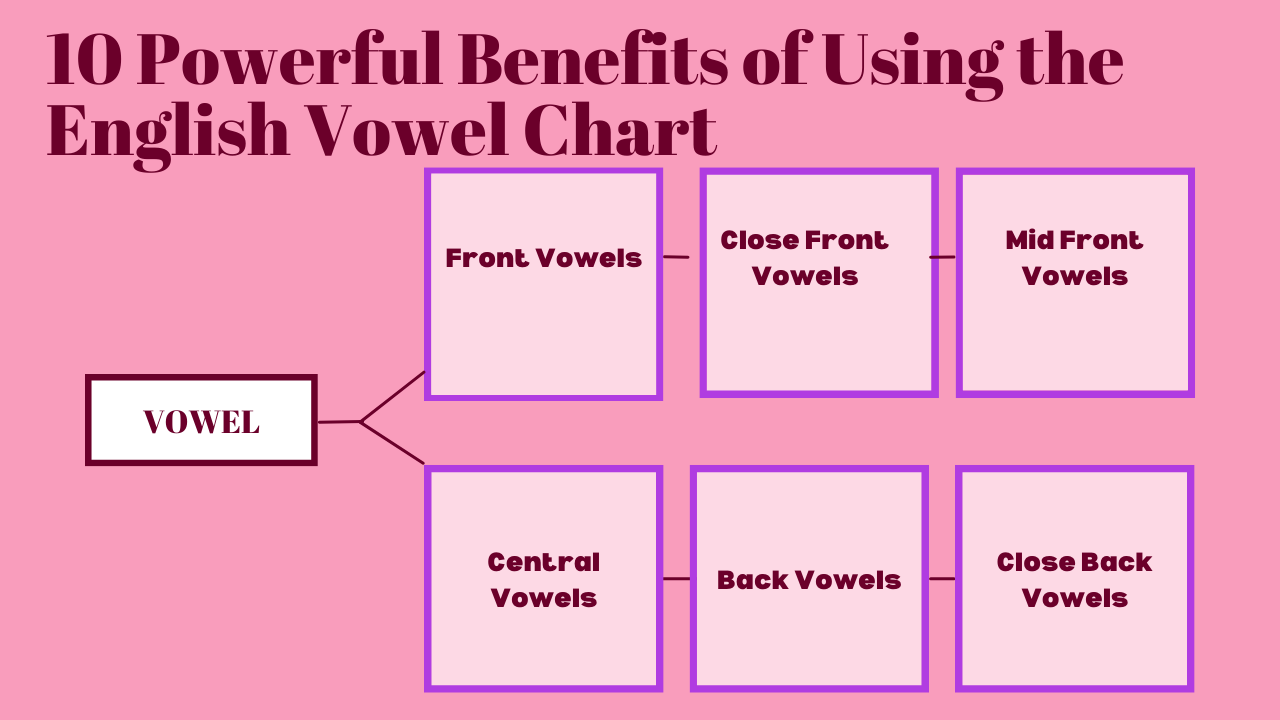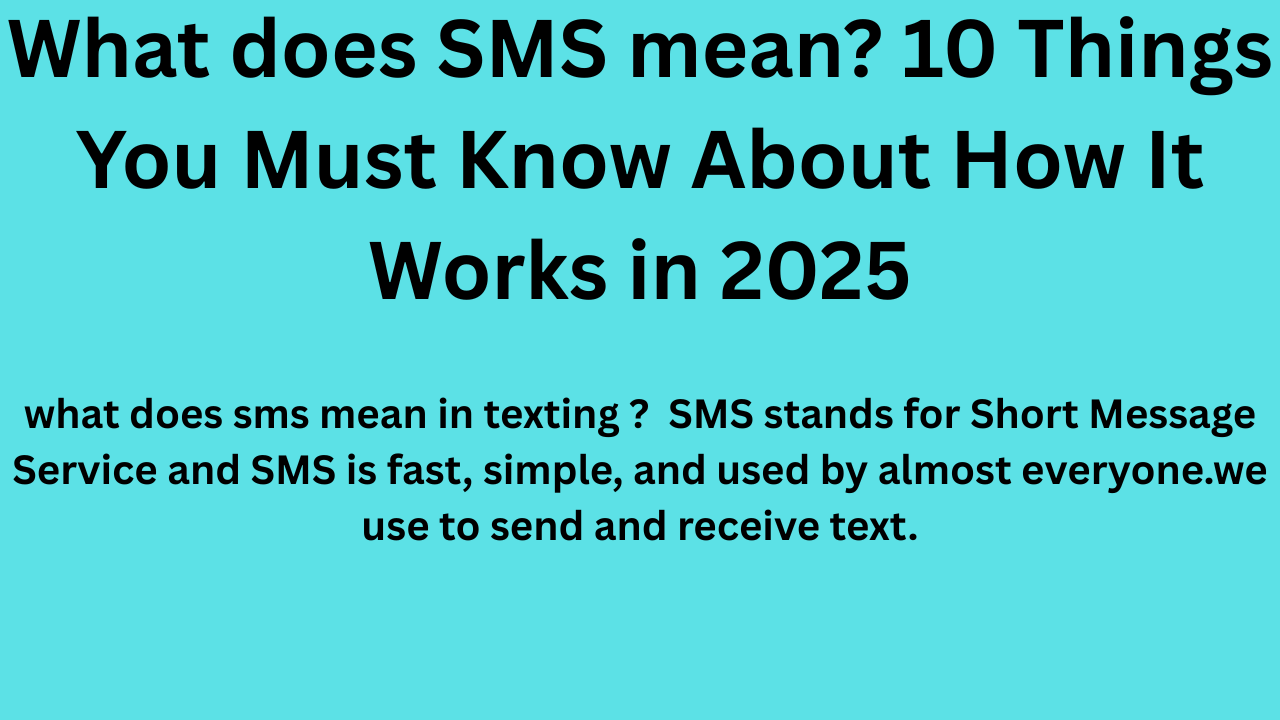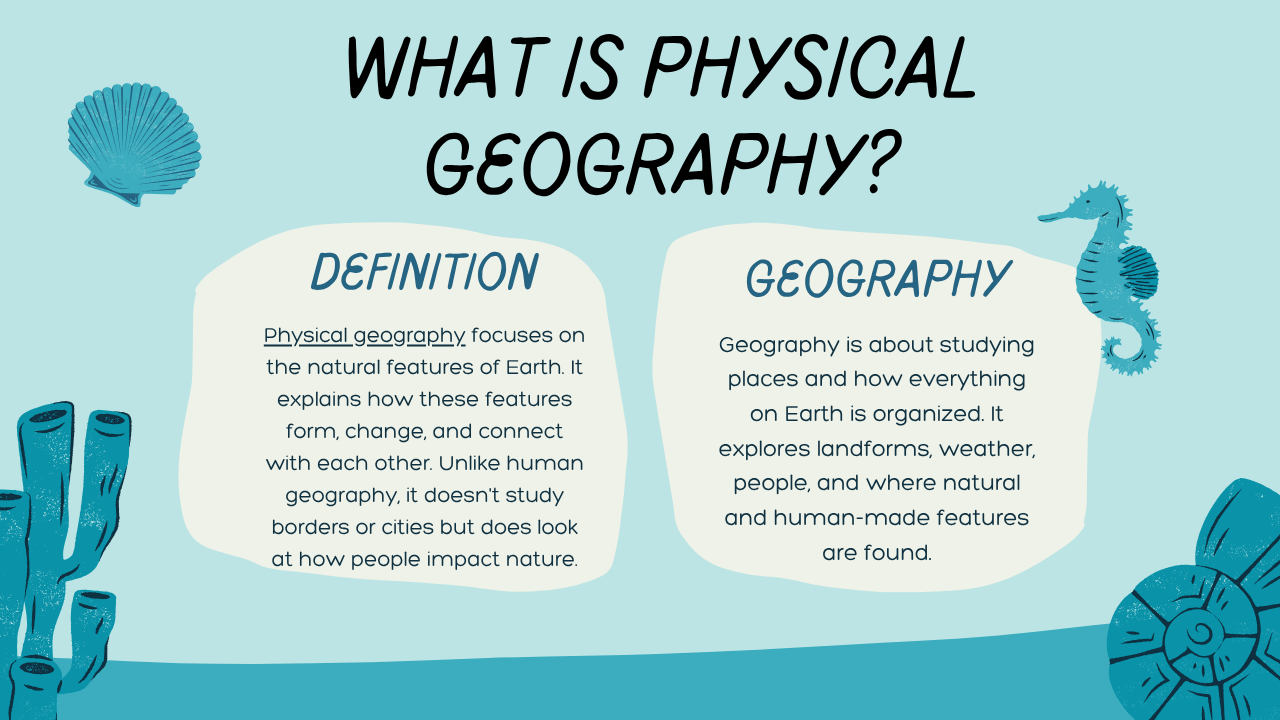Wishing someone good luck is a universal gesture of support and encouragement. Whether you’re sending off a friend to a job interview, cheering on a teammate before a big game, or supporting a loved one through a challenging time, knowing how to say good luck in various ways can help you express your sentiments more meaningfully and authentically.
In this comprehensive guide, we’ll explore creative alternatives to the standard “good luck” phrase, examine cultural variations, and provide practical examples for different situations. By the end of this article, you’ll have a rich vocabulary of good luck expressions that will make your well-wishes more impactful and memorable.
Why Variety Matters in Good Luck Wishes
Using the same phrase repeatedly can make your well-wishes feel routine or insincere. When you diversify your good luck phrases, you demonstrate genuine care and thoughtfulness. Different situations also call for different levels of formality, cultural sensitivity, and emotional intensity.
Research from linguistic studies shows that varied expressions of support can strengthen relationships and boost the recipient’s confidence more effectively than generic phrases. This is particularly important in professional settings, where your choice of words can impact your relationships and reputation.
Traditional Ways to Say Good Luck
Classic English Expressions
The English language offers numerous traditional ways to wish someone well:
“Best of luck” – A slightly more formal version of “good luck” that works well in professional settings. Example: “Best of luck with your presentation tomorrow, Sarah.”
“Wishing you all the best” – A warm, comprehensive way to express your hopes for someone’s success. Example: “As you start your new venture, I’m wishing you all the best.”
“May fortune favor you” – A more poetic expression that adds elegance to your well-wishes. Example: “May fortune favor you in your upcoming audition.”
“I’m rooting for you” – An informal, enthusiastic way to show your support. Example: “I’m rooting for you in the championship game!”
Religious and Spiritual Expressions
Many people draw comfort from spiritual good luck sayings:
“God bless you” – A common religious blessing expressing divine favor. Example: “God bless you as you begin this new chapter.”
“May God be with you” – Asking for divine presence and guidance. Example: “May God be with you during your surgery.”
“Sending prayers your way” – Indicating spiritual support through prayer. Example: “Sending prayers your way for a safe journey.”
“May the universe align in your favor” – A more universal spiritual expression. Example: “May the universe align in your favor for this important decision.”
Creative and Modern Good Luck Alternatives
Encouraging and Motivational Phrases
“You’ve got this!” – A confident, empowering statement that boosts self-belief. Example: “You’ve prepared so well – you’ve got this!”
“Go show them what you’re made of” – Encouraging someone to demonstrate their capabilities. Example: “Go show them what you’re made of in that interview.”
“Knock ’em dead” – An energetic way to wish someone success in impressing others. Example: “Knock ’em dead at your performance tonight!”
“Break a leg” – The traditional theater expression that’s spread to other contexts. Example: “Break a leg in your debut as Hamlet!”
Professional and Formal Alternatives
“I have confidence in your abilities” – A professional way to express faith in someone’s skills. Example: “I have confidence in your abilities to handle this negotiation.”
“May your efforts be rewarded” – Acknowledging hard work while wishing for success. Example: “You’ve worked so hard on this project – may your efforts be rewarded.”
“Wishing you every success” – A formal, comprehensive good luck wish. Example: “Wishing you every success in your new role as department head.”
Ready to learn how to express good luck wishes in multiple languages? Explore our language courses at Tutionist.com and master the art of international communication.
Cultural Ways to Say Good Luck Around the World
Understanding how different cultures express good luck wishes can enrich your communication and show cultural awareness:
European Expressions
French: “Bonne chance” – The direct translation of “good luck” in French. Usage: Universal in French-speaking countries.
German: “Viel Erfolg” – Literally meaning “much success.” Usage: Common in professional and academic contexts.
Italian: “In bocca al lupo” – Literally “into the wolf’s mouth,” similar to “break a leg.” Traditional response: “Crepi il lupo” (may the wolf die).
Spanish: “¡Que tengas suerte!” – “May you have luck!” Usage: Widely used across Spanish-speaking countries.
Asian Expressions
Chinese: “祝你好运” (Zhù nǐ hǎo yùn) – Standard Mandarin good luck wish. Cultural note: Often accompanied by specific wishes for prosperity or health.
Japanese: “頑張って” (Ganbatte) – “Do your best” or “give it your all.” Cultural context: Emphasizes effort over luck, reflecting Japanese work ethic.
Korean: “행운을 빕니다” (Haeng-un-eul bimnida) – Formal way to wish good luck. Usage: More formal than casual conversation.
According to the Encyclopedia Britannica, the concept of luck varies significantly across cultures, influencing how people express good wishes and the importance they place on fate versus personal effort.
Middle Eastern and African Expressions
Arabic: “بالتوفيق” (Bil tawfeeq) – “With success” – a common way to wish someone well. Religious context: Often implies divine blessing.
Hebrew: “בהצלחה” (B’hatzlacha) – “With success.” Usage: Standard in both religious and secular contexts.
Swahili: “Bahati njema” – Direct translation of “good luck.” Cultural note: Widely understood across East Africa.
Situation-Specific Good Luck Messages
Job Interviews and Career
“I know you’ll impress them with your qualifications.””Your experience speaks for itself – go shine!””This opportunity is perfect for someone with your skills.”Show them the amazing professional I know you are.”
Academic and Educational Settings
“All your studying will pay off.”You’re well-prepared for this challenge.”Trust in your knowledge and abilities.”Your hard work has led to this moment.”
Sports and Competitions
“Play with heart and determination.”Leave everything on the field.”Trust your training and instincts.””Go out there and dominate!”
Health and Medical Situations
“Sending healing thoughts your way.”You’re stronger than you know.”Hoping for a swift recovery.””You’re in excellent hands.”
Creative Endeavors and Performances
“Let your talent shine through.”Trust your artistic vision.”The world needs to see your creativity.”Your passion will carry you through.”
Digital Age Good Luck Messages
Social Media and Text Messages
Modern communication platforms have created new ways to express good luck messages:
Emoji combinations:
- 🍀🤞 (clover and crossed fingers)
- 💪✨ (strength and sparkles)
- 🎯🔥 (target and fire)
- 🙏💫 (prayer hands and star)
Hashtag support:
- #YouGotThis
- #BestOfLuck
- #RootingForYou
- #SmashIt
Professional Digital Communications
Email signatures: “Wishing you continued success in all your endeavors.”
LinkedIn messages: “Excited to see where this new opportunity takes you.”
Slack channels: “Sending positive vibes for your big presentation! 🚀”
The Psychology Behind Good Luck Wishes
Understanding the psychological impact of different ways to say good luck can help you choose the most effective approach. Research published in the Journal of Experimental Social Psychology indicates that receiving well-wishes can actually improve performance by reducing anxiety and increasing confidence.
Key psychological benefits include:
Reduced stress: Knowing others support you decreases cortisol levels. Increased motivation: External encouragement boosts internal drive. Enhanced confidence: Positive reinforcement improves self-belief. Stronger relationships: Thoughtful well-wishes deepen connections.
Want to learn the psychology of communication across different cultures? Discover our intercultural communication courses at Tutionist.com and become a more effective global communicator.
When and How to Use Different Good Luck Expressions
Timing Considerations
Before the event: Use encouraging, confidence-building phrases. “You’re going to do amazingly!”
During ongoing challenges: Offer continued support. “Keep pushing forward – you’re doing great!”
After attempts: Acknowledge effort regardless of outcome. “I’m proud of how hard you tried.”
Relationship-Based Choices
Family members: Use warm, personal expressions. “I love you and believe in you completely.”
Close friends: Be casual and enthusiastic. “You’re going to crush this!”
Colleagues: Maintain a professional yet supportive tone. “I have full confidence in your abilities.”
Acquaintances: Keep it friendly but not overly familiar. “Wishing you all the best!”
Common Mistakes to Avoid
Cultural Sensitivity Issues
Avoid expressions that might not translate well culturally:
- Religious references with non-religious people
- Informal slang in professional settings
- Assumptions about luck versus effort in different cultures
Timing and Context Errors
Don’t say “break a leg” to:
- Someone going to a medical procedure
- Athletes with injury concerns
- People in genuinely dangerous situations
Avoid overly casual phrases when:
- The situation is solemn
- Communicating with superiors
- Writing formal correspondence
Building Your Good Luck Vocabulary
Practice Exercises
- Daily variation challenge: Use a different good luck expression each day for a week.
- Context matching: Practice matching expressions to situations (formal vs. informal, cultural considerations).
- Personal style development: Identify which expressions feel most authentic to your personality.
- Cultural research: Learn good luck expressions from cultures you interact with regularly.
Creating Your Repertoire
Develop a collection of good luck phrases that reflect your personality and relationships:
For close relationships: Warm, personal expressions. For professional settings: Confident, supportive language. For cultural contexts: Appropriate, respectful phrases. For specific situations: Tailored, relevant messages
Conclusion
Mastering different ways to say good luck enriches your communication toolkit and strengthens your relationships. Whether you’re supporting a colleague through a career challenge, cheering on a friend in competition, or offering comfort during difficult times, having varied expressions helps you connect more meaningfully with others.
Remember that the most important aspect of any good luck wish is sincerity. Choose expressions that feel authentic to your relationship with the person and appropriate for the situation. Your genuine support and encouragement often matter more than the specific words you use.
By incorporating cultural awareness, psychological understanding, and situational appropriateness into your good luck messages, you’ll become a more effective communicator and a more supportive presence in others’ lives. The effort you put into crafting thoughtful well-wishes reflects your care for others and contributes to building stronger, more meaningful relationships.
Ready to expand your communication skills across languages and cultures? Start your journey with expert language instruction at Tutionist.com – where effective communication begins.
How can I make my good luck wishes more personal?
Personalize your good luck wishes by referencing specific details about the person’s situation, acknowledging their hard work or preparation, and using language that matches your relationship dynamic. For example, instead of generic “good luck,” try “I know how much you’ve prepared for this presentation – your expertise will shine through.”
What are some professional ways to wish someone good luck?
Professional good luck expressions include “Wishing you every success,” “I have confidence in your abilities,” “May your efforts be rewarded,” and “Best of luck with your endeavors.” These phrases maintain appropriate workplace boundaries while showing genuine support.
Are there good luck expressions I should avoid in certain cultures?
Yes, cultural sensitivity is crucial. Avoid religious references unless you know the person’s beliefs, be cautious with expressions involving death or injury (like “break a leg”), and research cultural attitudes toward luck versus personal effort. Some cultures emphasize hard work over luck-based wishes.
How do I choose between formal and informal good luck expressions?
Consider your relationship with the person, the setting, and the seriousness of the situation. Use formal expressions in professional environments, with superiors, or in serious circumstances. Informal expressions work well with close friends, family, or casual situations.
What’s the difference between saying “good luck” in different languages?
Different languages often reflect cultural values in their good luck expressions. For example, Japanese “ganbatte” emphasizes effort rather than luck, while some cultures focus on divine blessing or fortune. Understanding these nuances helps you communicate more effectively across cultures.
Read Also:







